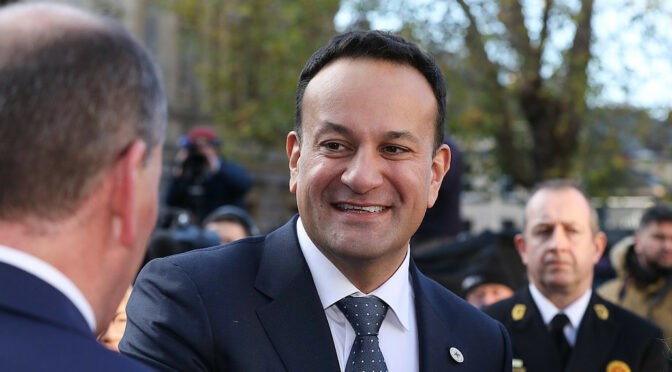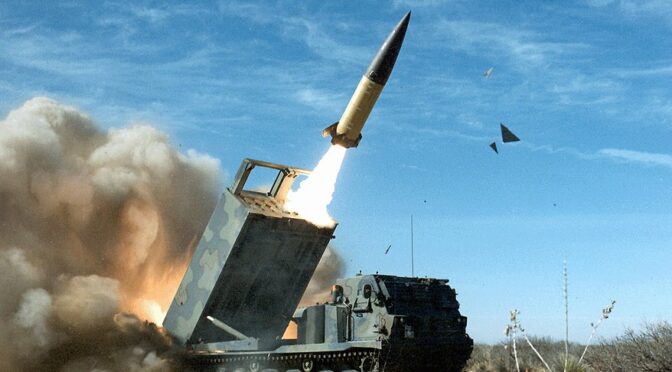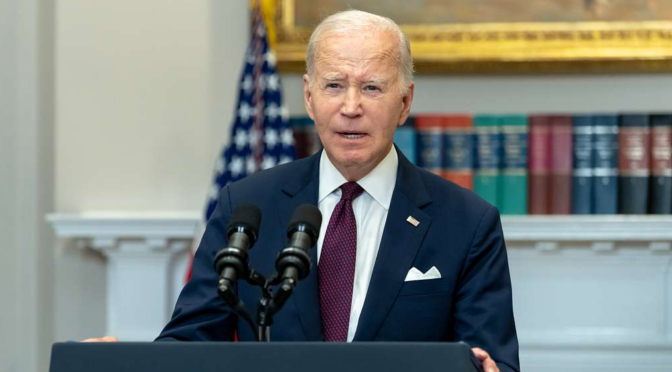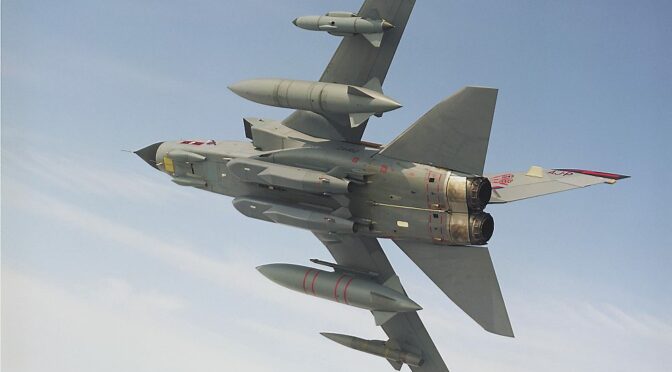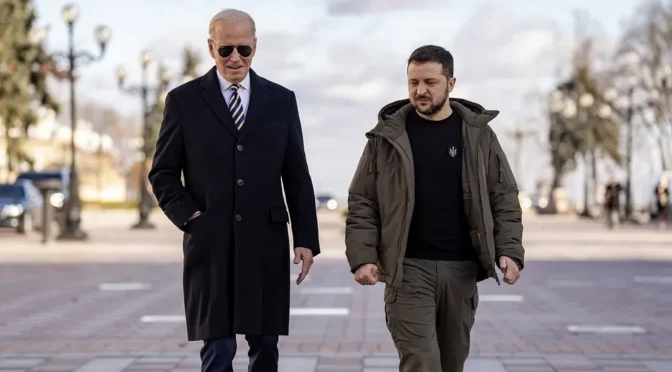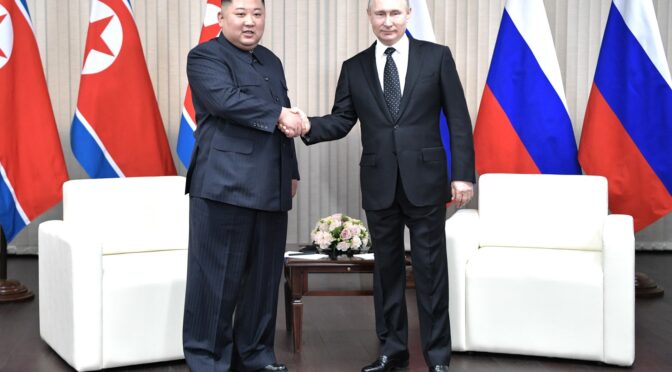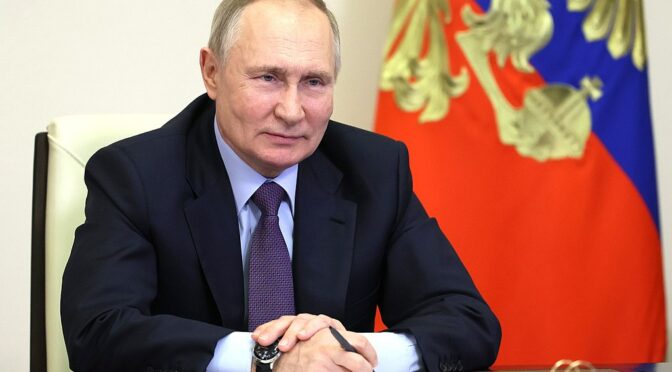Article published in The Sunday Telegraph, 7 October 2023. © Richard Kemp
Who does Mr Varadkar think he’s kidding? When he says Britain is ‘disengaging from the world, he’s talking about the Britain that has led the world in responding to the worst military crisis to hit Europe since the Second World War. Varadkar’s own country, and many other European nations, were paralysed by fear as the Russian invasion unfolded, hoping it would all just go away. Meanwhile Britain was ahead of the pack in sending arms to Kyiv and immediately played an active role in encouraging others to do the same.
Boris Johnson’s leadership helped stiffen US resolve, reminiscent of Margaret Thatcher’s exhortation to President George HW Bush when Saddam Hussein invaded Kuwait in 1990: ‘This is no time to go wobbly.’
Since then Britain has been providing weapons, military training, financial assistance, vital intelligence and taking in large numbers of refugees fleeing Putin’s aggression. We have enthusiastically sent in long range missiles and tanks, shaming others to follow suit. Hardly the actions of a nation that is retiring from the world stage.
So what has Varadkar been doing to help the war effort? In the words of President Zelensky, Ireland ‘almost stands with us’. Like the UK, Ireland has commendably taken in Ukrainian refugees, but beyond that it has only provided a handful of trainers as part of an EU mission and sent body armour, field rations and some de-mining equipment. Admittedly Ireland is a small country, but for example, it has stockpiles of modern anti-armour weaponry gathering dust, including Javelin missiles which Britain and America supplied to devastating effect against Putin’s tanks.
Ireland’s excuse for this failure to help a European neighbour in distress is supposedly that it is militarily but not politically neutral. Continue reading

